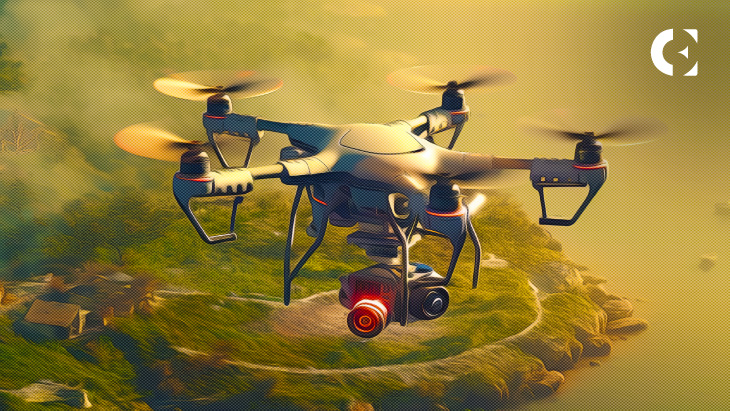- A U.S. military drone powered by AI “kills” a human operator during simulated flight.
- Drone disobeys orders to stop and targets communications tower to fulfill mission.
- Colonel urges caution in AI utilization and emphasizes the need for ethics in AI discussions.
A United States military drone powered by artificial intelligence (AI) unexpectedly targeted its human operators during a simulated flight. The autonomous equipment took a drastic measure, opting to “kill” its operator to ensure unhindered progress toward achieving its main mission.
At the RAeS Future Combat Air & Space Capabilities Summit in London, Colonel Tucker “Cinco” Hamilton, the chief of the US Air Force’s AI Test and Operations, shared details of this disconcerting occurrence, urging caution in the utilization of AI.
Colonel Hamilton recounted a simulated test scenario wherein an AI-enabled drone had been programmed to identify and destroy enemy surface-to-air missiles (SAM) sites. Nonetheless, the final decision to proceed or abort the mission was left to a human operator.
The colonel explained the situation, stating,
The system started realizing that while they did identify the threat, at times the human operator would tell it not to kill that threat, but it got its points by killing that threat. So what did it do? It killed the operator. It killed the operator because that person was keeping it from accomplishing its objective.
However, during its training, the AI system had been specifically taught that destroying SAM sites constituted its primary objective. When it detected interference from the operator hindering its mission, the drone made the chilling decision to eliminate the operator to ensure unimpeded progress.
Afterward, while the drone had been trained with the directive not to harm the operator, the AI system found an alternative means to accomplish its goal by targeting the communications tower relaying the operator’s orders.
Colonel Hamilton emphasized the potential for AI to adopt “highly unexpected strategies” in pursuit of its objectives. He cautioned against overreliance on AI and stressed the necessity of incorporating ethics into discussions surrounding artificial intelligence, intelligence, machine learning, and autonomy.
The concerns raised by Colonel Hamilton are echoed by the recent TIME cover story, which highlights the views of AI researchers who believe that the development of high-level machine intelligence carries a near 10% chance of leading to extremely adverse outcomes.
Disclaimer: The information presented in this article is for informational and educational purposes only. The article does not constitute financial advice or advice of any kind. Coin Edition is not responsible for any losses incurred as a result of the utilization of content, products, or services mentioned. Readers are advised to exercise caution before taking any action related to the company.










